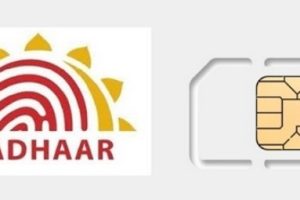How long will the employee provident fund (EPF) account continue to accrue interest after contribution to the account has stopped? is it taxed at the slab rate for the financial year of withdrawal or is there any mechanism to optimize the income tax to be paid?
Once an EPF account becomes inoperative, no interest is credited further from that date. Until such time, interest will continue to accrue on the provident fund balance.
As per the EPF Scheme, an EPF account becomes an inoperative and does not earn further interest where an employee retires from service after attaining of 55 years of age or migrates abroad permanently or dies and does not apply for withdrawal of his accumulated balance, within 36 months from the date it becomes payable. Until such time, interest will continue to accrue on the PF balances. Thus, in case the cessation of employment is before attaining 55 years of age, then an account shall become inoperative only after the age of 58 years .
If an employee has rendered continuous service for a period of five years or more, the accumulated EPF balance is exempt from tax. The interest accrued on the accumulated balance, post the period of cessation of employment (i.e. the period when no contribution is made to the EPF), is taxable, irrespective of the contribution period to EPF. Such interest shall be taxable in the respective financial year in which such interest is accrued/ credited at the tax rates applicable to you for the respective financial year.
If I gift some money to my wife and she invests it in fixed deposit/debt funds for, say 45 days, with me as the second applicant or as a nominee, will the interest income thus earned be taxable in my hands? After maturity, if the principal and interest is re-invested, who will bear the tax liability for the interest that accrues further? Also, how much money can I gift to my wife, via cheque or fund transfer to bank account.
If an individual receives money as a gift, the aggregate value of which during a year exceeds ₹50,000, the same is taxable in the hands of the recipient. However, where it concerns a specified relative (which includes spouse), the recipient is fully exempt from taxation.
Any income which arises to the spouse from assets transferred without adequate consideration (whether directly or indirectly) by such individual (being the transferor), is clubbed and taxed in the hands of the transferor individual.
Accordingly, interest income earned from fixed deposit/ debt funds, invested in the name of your wife, out of the funds gifted by you, shall be clubbed in your income and taxable in your hands.
There is an interpretation (also supported by few judicial precedents) that where the interest income earned from the fixed deposits/ debt funds is reinvested, income generated from such re-invested amount shall be taxable in your wife’s hands and not be clubbed with your taxable income.
Source By: livemint










